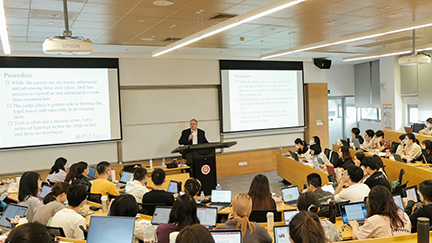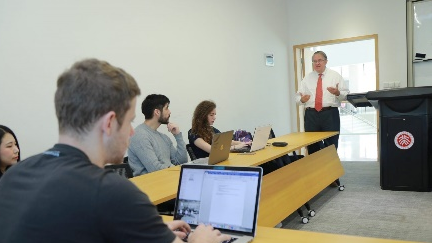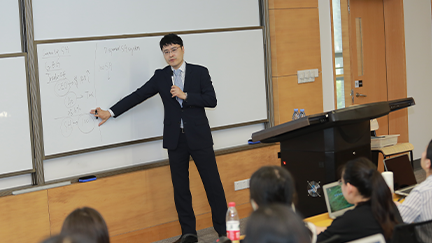This course covers the major concepts and issues of Anglo-American property law. Topics to be covered in the first quarter include the concept of property in Anglo-American property law, property theory, the ownership of real property, adverse possession, the ownership of personal property, estates and future interests in land, concurrent ownership, and marital property. Topics to be covered in the second quarter include the leasing of real property (e.g., nonfreehold estates, assignments, subleases), private land use planning (e.g., easements, real covenants, equitable servitudes), land use regulation, eminent domain, and takings.


















